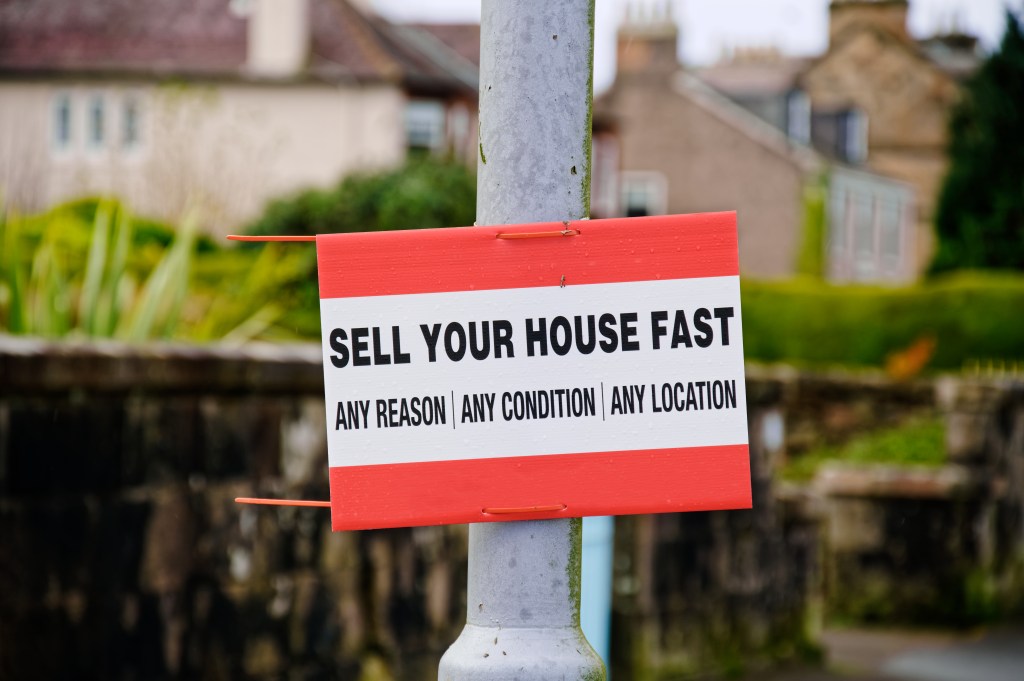What matters
We are ranking the top data protection authorities from the nations competing in the Euro 2024 soccer tournament and setting out our reasons why they are ranked so highly.
What matters next
Businesses need to be aware of the different focus areas each data protection regulator has, particularly in
Register for free to keep reading
To continue reading this article and unlock full access to GRIP, register now. You’ll enjoy free access to all content until our subscription service launches in early 2026.
- Unlimited access to industry insights
- Stay on top of key rules and regulatory changes with our Rules Navigator
- Ad-free experience with no distractions
- Regular podcasts from trusted external experts
- Fresh compliance and regulatory content every day













